In fact, the theme of some single-player video games is actually very suitable for making a board game, including Roguelike which is very killing time and very interesting. This can't help but make people's brains open. If you conceive and design a board game like roguelike, what kind of game will be born?
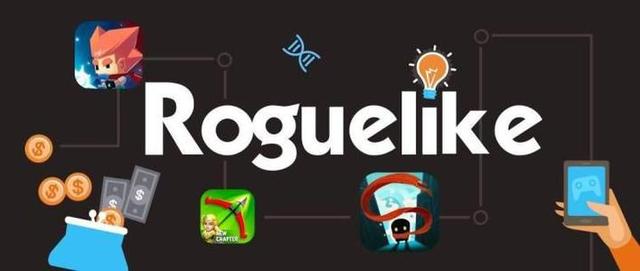
(The picture originates from the internet )
When it comes to Roguelike games, you have to mention the "Berlin interpretation" that defines the basic concept of roguelike. Although many roguelike-like have already exceeded the limits of the Berlin interpretation, such as adding big gameplay, etc. The conditions, at least in development, are still worth learning.
The Berlin interpretation is defined as follows:
Each start, or different dungeons in the same game are randomly generated;
There is no chance to return in a single game;
The mechanism for players and NPCs to take turns in action requires sufficient time for thinking;
The map should be divided by a grid, or at least logically have a "grid";
Discover monsters, fight battles, and gain loot, all on the same map without switching to a dedicated battle world;
Let players have a choice. There are always basic elements such as life and mana, and players need to consider reasonable distribution and exchange;
The confrontation with monsters is the core content of the game. The design of the relationship between monsters is superfluous for Roguelike games, such as hate value and alliance settings;
Each game has an exploration process, not a fixed one.
In fact, just by putting together these simple conditions, you can roughly see the fun of roguelike games-randomness and on-site selectivity. In short: different combinations, different encounters, selection and exploration, short process.
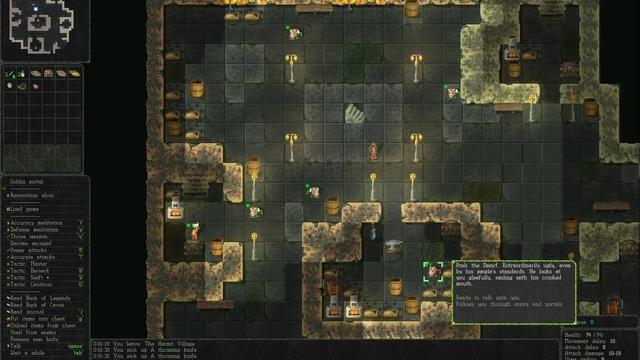
(The picture originates from the internet )
Another point is that the development of roguelike is generally not subject to hardware such as screen performance, because the game itself is already fun enough. If it is accompanied by a cool picture and a long process, it will reduce the definition of roguelike itself "short". Therefore, "pixel wind" has always been the choice of pictures that most classic roguelikes are obsessed with. Relative to the screen, developers should actually spend more time polishing the game flow and complexity, and players who generally like roguelike are also more inclined to the latter.
However, there are still many restrictions on how to adapt video games into board games. The originator of roguelike games-"Rogue" is actually a turn-based exploration game. It was born in the boring time of programmers and was used to pass the lonely days when no one played TRPG together.
Nowadays, roguelike game types are extremely rich, such as last year's "Dead Cells" or the earlier classic "The Binding of Isaac", and similar action or shooting games can obviously only exist in electronic products.
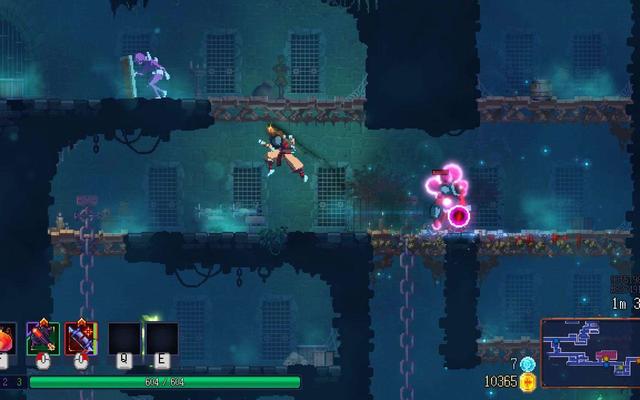
(The picture originates from the internet )
This invisibly limits the types of roguelike board games. In contrast, the DBG game "Slay the spire" seems to be a good choice. The character skill cards in Slay the spire are very well designed, and they are also very suitable for making physical cards. But even a good DBG single SOLO board game like "The Last Battle" will gradually lose fun after dozens of games.
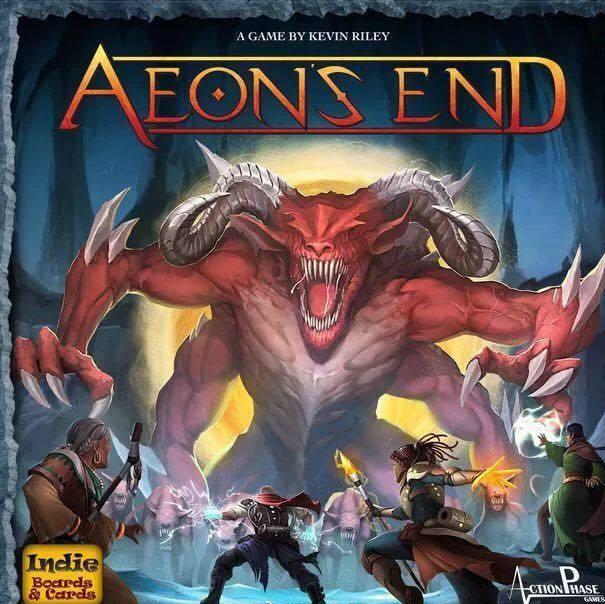
(The picture originates from the internet )
Games such as "Dark Dungeon" and "Dwarf Fortress" will be dismissed directly due to the random generation that the board game cannot reach. The most straightforward example is-I can't always determine his attributes by rolling dice when recruiting a character or creating an NPC?
Speaking of which, the biggest problem of roguelike board games is basically exposed: in the board games, the complexity and randomness of video games are basically impossible, and the game playability is almost zero.
Take the most common board game poker cards in life, I believe everyone has played three poker games that come with Windows-"playing card", "Ancient Spider" and "Freecell". In addition to these three games, there are more games derived from physical playing cards, enough to prove that it is one of the greatest inventions in table games. But in fact, the earliest reason for playing cards is actually for divination, so it is the rules and gameplay that really make the cards carry forward, not the medium.
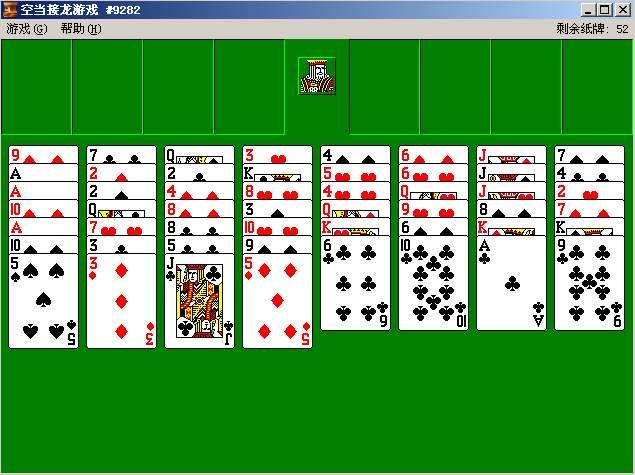
(The picture originates from the internet )
Of course, in terms of workmanship and fun, modern board games have already surpassed traditional card games. There are rich models, fine workmanship, and various props. The gameplay is no longer limited to 54 cards. In a small pattern. However, as mentioned above, if the complexity and randomness alone, the learning cost is also counted, and many single-player board games may not even be more playable than the card games in Windows.
The single-player board game "Mage Knight" is a typical example. Although it has a magnificent world view and excellent workmanship, it needs to be played according to a specific script every time it starts. It will also become boring and boring due to repeated restarts.
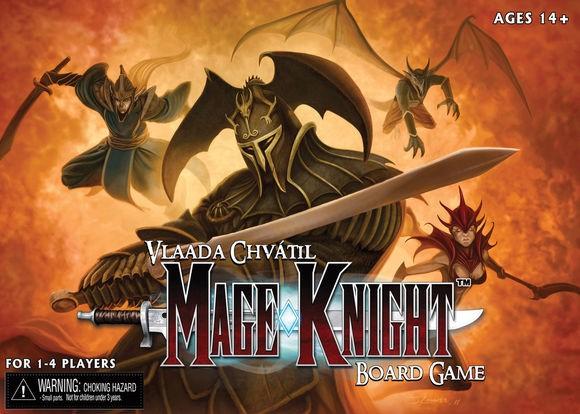
(The picture originates from the internet )
The single-player adventure board game "Friday" was praised by many players, but after understanding the status of all the dangerous cards, the game gradually formed a simple routine of "appearing situation-responding to the situation".
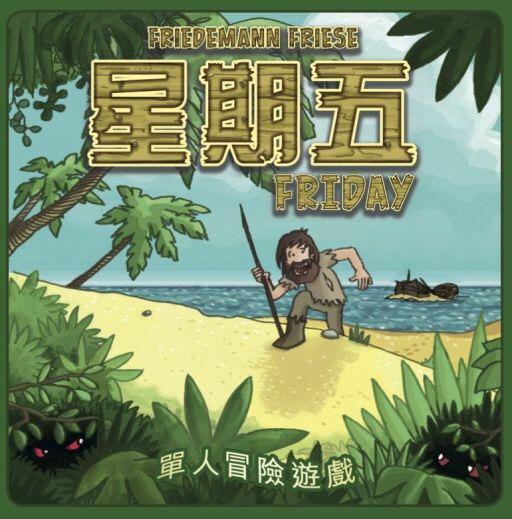
(The picture originates from the internet )
We can easily kill hundreds of hours in an excellent roguelike game, but we rarely play hundreds of games repeatedly in a single-player SOLO board game, precisely because of the type and production of physical board games limit. The game flow can provide unexpectedness and randomness, but it is difficult to bring enough surprises to players.
Take the classic board game "The Binding of Isaac" for example. "The Binding of Isaac" has a high degree of repetition in map design and enemy types. There are only a few kinds of enemies and bosses in fixed levels, and even if all the props are added, they are only a few hundred. If you look at it with the same idea, even if you make hundreds of cards, each corresponding to a prop is still a reasonable size for a board game.
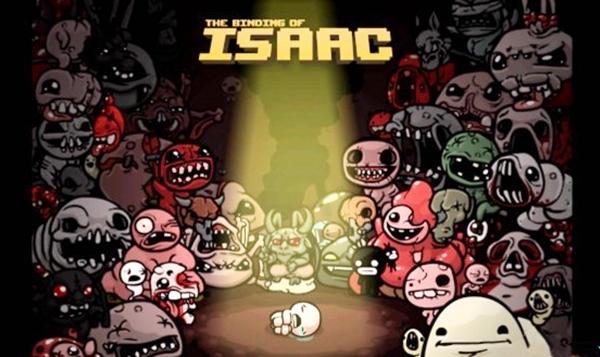
(The picture originates from the internet )
But the problem is that, as the name of the game "The Binding of Isaac" expresses, its most attractive point is the interaction between the props, not just the randomness piled up by the number of props.
In "The Binding of Isaac", there is a prop called "arsonist", which can make you immune to explosion damage and restore a little health when you take an explosion damage. But when it is paired with an active prop called a "self-explosive device", it becomes completely invincible. You can take the initiative to use a self-explosive device that does not need to be charged to keep you detonating all the time, and then the arsonist will let you not be injured at all, at this time any enemy will no longer pose a threat in front of you.
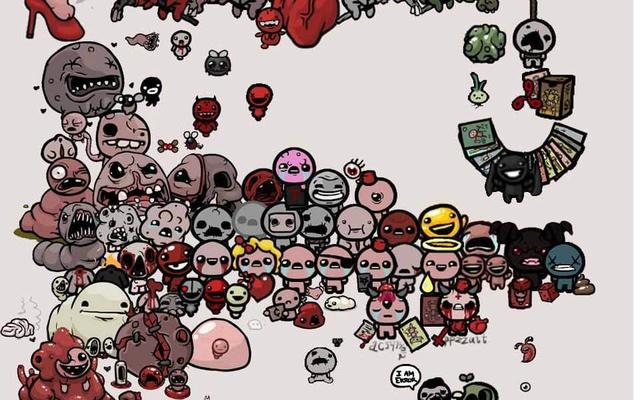
(The picture originates from the internet )
This is the fun of random combination, so when the player is getting the arsonist, there is a sense of anticipation whether they can get the self-detonation device later. And such similar perverted combinations are countless in The Binding of Isaac.
If you want to write a similar combination into a board game manual, the amount of text is too large, and you ca n’t let players play the dictionary with the thick manual all day. In video games, these do not need to be explained at all, because as long as you have obtained these two combinations once, you will naturally know the mystery of playing them once or twice.
In fact, it seems a bit meaningless to discuss here. It seems that in any case, making rougelike games into board games is not so interesting. Even the simplest exploration of the dungeon mode is too rigid due to insufficient randomness. It's like you are going to play the maze you drew, no matter how complicated it is, it's not challenging.
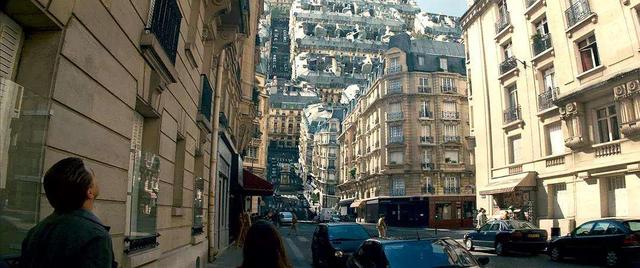
(The picture originates from the internet )
Because physical board games can't automatically generate random terrain, events and props anyway, not to mention all kinds of combinations and unexpected situations. The easiest random generation in video games is the most insurmountable gap for board games. Even if we can use the pseudo-random dungeons created by others to simulate the dungeons automatically generated by the system, or simply continue to introduce new level designs to enhance the playability and randomness of the game, the real roguelike characteristics of that distance are still different. Very far away, and the production cost will become very huge.
Although the final conclusion is pessimistic, from the overall analysis and discussion, it is not difficult to see that video games and board games have their own strengths. As a traditional offline game, board games do not focus on the single-player gaming experience like video games. It focuses more on gathering and socializing. It must be your friends who play board games with you, not passers-by who are matched by the system.
If you have to spend time alone, you may choose video games, but because of this, you have to give up the leisure time of fighting with friends, and give up the interaction between each other in communication, understanding and confrontation. I believe you will choose the latter without any turning back!
The board game is not just a game, but a direct dialogue between vivid and interesting souls. If you just change their original intention and gameplay to cater to roguelike games, it is better to let them shine in their respective fields.
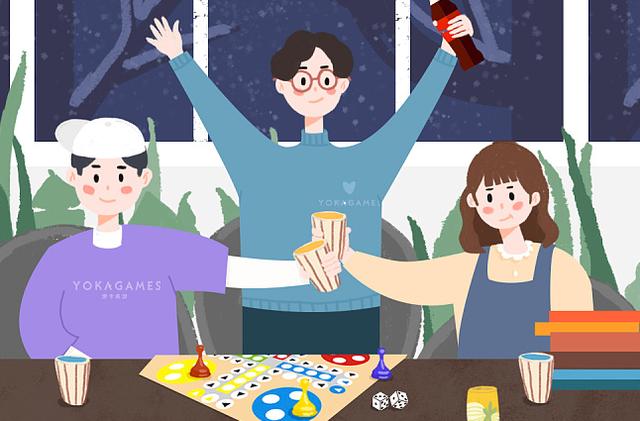
(The picture originates from the internet )

Facebook:@czyy.me
E-mail:service@czyy.me
